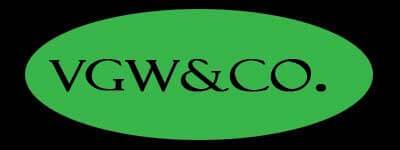Tax inspections and enquiries by HM Revenue & Customs HMRC
VAT and PAYE inspections HM Revenue & Customs National Insurance Contributions Agency payroll inspections, according to published procedures, can routinely be expected every two years.
VAT enquiries are likely to be triggered by repayment claims particularly if it is the first VAT return.
If you have a PAYE inspection they will go deeply into the records of the business to discover any untaxed benefits being given to directors, staff or subcontractors and do checks on private use within company costs. They can be expected to check entries in directors loan accounts. They also carefully check the status of subcontractors and may assess these for national insurance liabilities. See Employment status - general and Employment status - IR35, the same rules, in fact, apply to all employment/subcontractor situations.
Annual accounts and Corporation Tax returns may be subject to HM Revenue & Customs in depth enquiries. Discoveries in one year will lead to action to assess tax and national insurance in at least the past six years. Penalties and powers of inspection at taxpayers premises were increased in the 2008 budget.
Personal tax returns, SA100's:
According to H M Revenue & Customs statistics an enquiry can be expected once or twice in a working lifetime. This becomes more likely when returns are filed after the normal due date or where there are significant differences between tax years; this can lead to the return being selected by their computer program. Unsupported claims and private use allocations may not be agreed and any adjustments found, including for undeclared income, are likely to be extended back over six or more years, where appropriate, and be subject to tax, class 4 national insurance where applicable, plus penalties and interest. Penalties and powers of inspection at taxpayers premises were increased in the 2008 budget. The enquiry window, for returns filed on time, runs to one year after filing the return. Tax enquiries are expensive and distressing, even when they result in no adjustments. Historically there have been a large number of enquiries opened in the November to January period. Your costs in defending an enquiry are not deductable for tax purposes.
This is an adversarial process. You need to have legal-style evidence. General argument will have some significance but will not influence the Inspector by very much in his proposals for adjustments. Adjustments are usually agreed but there is always the last resort of a Tribunal hearing which is a tax court. The taxpayer is unlikely to succeed at Tribunal unless there is a good case, supported by evidence. It is advisable to have professional representation from the outset.
Adjustments give rise to penalties and interest on tax.
See client book-keeping guide pdf for basic self-protection measures
